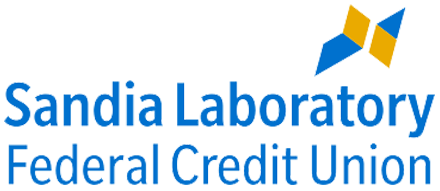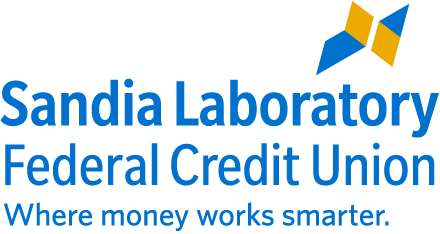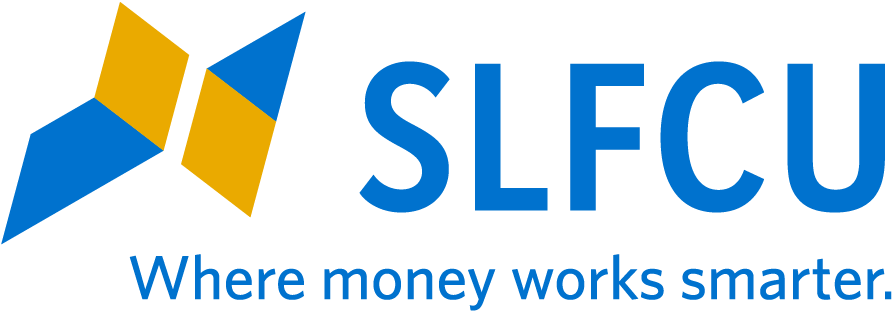Paying for College: What to Do If You Need Assistance
As tuition and other college costs continue to rise, students and their parents may experience a gap between available funds and school costs. The Coronavirus pandemic is complicating matters: more than 69% of parents and 55% of students entering college in the fall said the Coronavirus has impacted their ability to pay for school, according to a recent poll of 6,500-plus high school seniors and their families.1 Following are updates and funding options to explore:
FEDERAL ASSISTANCE
For those with existing federal student aid: Most federally funded student loan payments have been automatically suspended under the Coronavirus Aid, Relief, and Economic Security (CARES) Act, with no penalties or accrued interest until September 30, 2020. The measures are retroactive to March 13, 2020. Those needing a longer-term solution can request a deferment or forbearance, change their repayment plan, or look into qualifying for loan forgiveness. Additionally, some states and private lenders are offering relief for student loan borrowers.
To apply for federal aid: For low-interest federal loans, grants, and other assistance such as work-study programs, students must complete the Free Application for Federal Student Aid (FAFSA) each school year. FAFSA submissions will be accepted until June 30, 2021 for the 2020-21 school year. Even if you don’t intend to borrow money to pay for school, or if you think you won’t qualify for funding, filling out the FAFSA is worthwhile as even higher-income families can qualify for low-interest federal college loans.
SCHOLARSHIPS
Many students receive extra assistance through scholarships. Even a small one can make a difference when buying textbooks and other necessities. The U.S. Department of Education provides information and tools about scholarships and other types of aid at studentaid.gov.
PRIVATE STUDENT LOANS FROM SLFCU
Sometimes government loans, grants, and/or scholarships don’t cover the entire cost of attending college. A private student loan from SLFCU can help bridge funding gaps for tuition and other qualified expenses like textbooks, housing, food, and computers.
Borrow as little as $2,000 or as much as $30,000 for a maximum value of $120,000 in undergraduate loans or up to $160,000 in graduate loans. Choose the payment option that best fits your budget, including interest-only payments or $25 monthly payments while you’re in school. You must be enrolled at least half-time at an eligible school. Applying with a cosigner can increase likelihood of approval and might result in a lower rate. We also offer lower rates for good grades and a 0.25% interest discount for setting up automatic loan payments.* Learn more at slfcu.org/StudentLoans.
1 https://www.nitrocollege.com/research/covid19
*Variable rate loan. Special conditions apply. If you enroll in automatic monthly payments from a personal checking or savings account to pay principal and interest amounts that are due, the margin will be reduced by 0.25%, subject to the floor interest rate of 4.0%. This rate reduction will be removed and the rate will be increased by 0.25% upon any cancellation or failed collection attempt of the automatic payment and will be suspended during any period of deferment or forbearance. As a result, during the forbearance or suspension period, and/or if the automatic payment is cancelled, any increase will take the form of higher payments. Rates and approval are based on credit history; applying with a cosigner can increase your likelihood of approval and may result in a lower loan rate. Check with the credit union for details.
« Return to "View All Articles"


